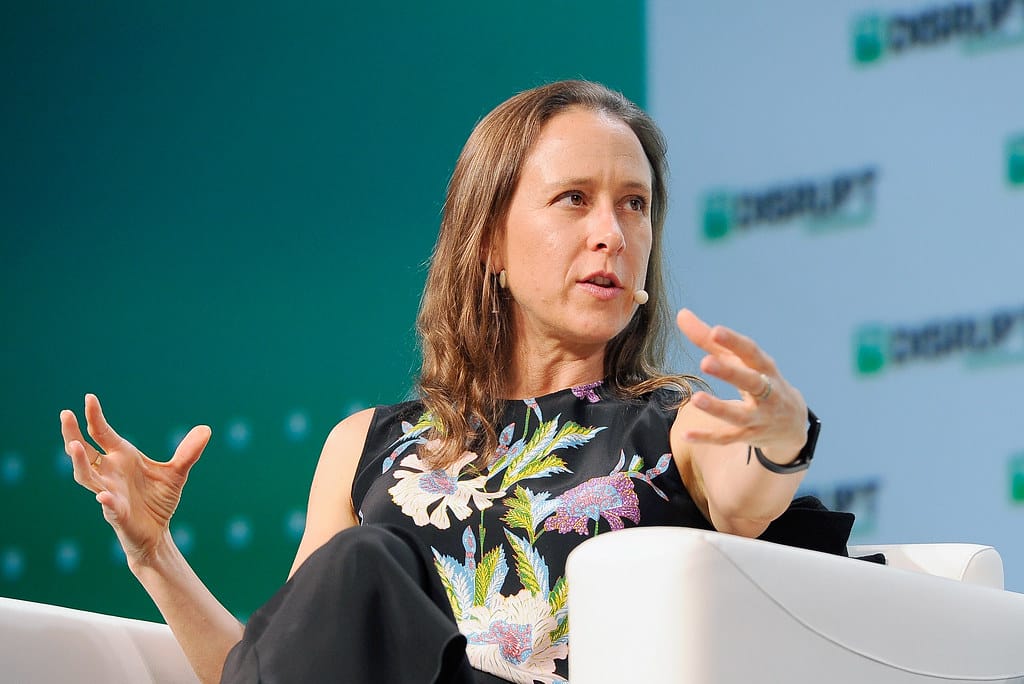23andMe’s Genetic Testing Woes: A Cautionary Tale of Falling IPO Stars
23andMe's Genetic Testing Bubble Bursts: Trust Issues and Failed Ventures Lead to Drastic Decline

Three years after its extravagant IPO, 23andMe, the once-dazzling genetic testing pioneer, is grappling with a monumental downturn. Initially soaring to a whopping $6 billion market valuation post-IPO, the company now finds itself valued below $300 million. A stark reminder of the unpredictable nature of tech finance.
So, how did a company that raised over a billion dollars, featured big-name investors like Richard Branson, and once wore the badge of Time Magazine’s “Invention of the Year” plummet so drastically? The reasons, looking back, were almost inevitable.
IPO Glory to Financial Abyss
We don’t run ads or share your data. If you value independent content and real privacy, support us by sharing.
Recently, CEO Anne Wojcicki dropped a significant bombshell: 23andMe is planning to go private again. Wojcicki, who owns 20% of the shares, seems set on reclaiming control. This move isn’t entirely surprising, considering the company’s financial spiral. Since 2006, 23andMe has raised $1.8 billion but has never clocked a profit. The year 2023 was particularly brutal, culminating in a record loss of $312 million and three rounds of layoffs. Sales plummeted to around $300 million, marking a 32% drop compared to 2019.
Anne Wojcicki, sister of ex-YouTube CEO Susan Wojcicki and ex-wife of Google co-founder Sergey Brin, found herself cornered after terminating a controversial agreement with pharmaceutical giant GSK to share client genetic data. As CFO, she pointed to waning sales and the void left by GSK’s exit for the company’s dismal financial state.
The One-Time Wonder
The fundamental flaw in 23andMe’s business model was always glaring: a genetic test is generally a one-time purchase. Once you’ve delved into your ancestry or potential health predispositions, why would you need another test? The company’s quest for diversification bordered on the absurd at times, even introducing genetic tests for dogs. Meanwhile, competitors like Ancestry and MyHeritage nipped at their heels, snatching up market share and spotlight.
Trust: A Fragile Commodity
Public faith in 23andMe faced relentless pressure. Since 2019, consumers became increasingly wary as they realized their genetic data was being sold to pharmaceutical companies. The unease proved justifiable. Law enforcement agencies used these databases to crack crimes, and the cherry on the cake was a massive data breach on October 6, which exposed genetic details of over a million users, predominantly Ashkenazi Jews. The scandal attracted about 30 class action lawsuits.
An attempt to pivot to pharmaceutical developments, leveraging research from 13 million genetic samples, foundered amidst steep costs and long timelines. Ventures into “polygenic scores” for diseases like depression and PTSD faced backlash from experts for inducing unwarranted fear, leading some to appeal to the FDA for banning the product line.
The Road Ahead
Wojcicki’s vision for resurgence hinges on restoring consumer trust—a monumental task given the past breaches and ethical ambiguities. The company has introduced a subscription medical service called Total Health, priced at $1,200 per year, but it remains unclear whether this will strike the right chord with sceptical consumers.
Potential investors in a privatised 23andMe need to weigh the adventure with caution. Can the company really convert mistrust into a rejuvenated business model, where its primary product is inherently a one-time deal?
The case of 23andMe highlights a broader lesson about public sentiment and ethical concerns in an era where data privacy is paramount. For consumers, the allure of personalised genetic insights must now be balanced against the risk of data misuse. For 23andMe, the future remains precarious, precariously teetering on the edge of obsolescence.
